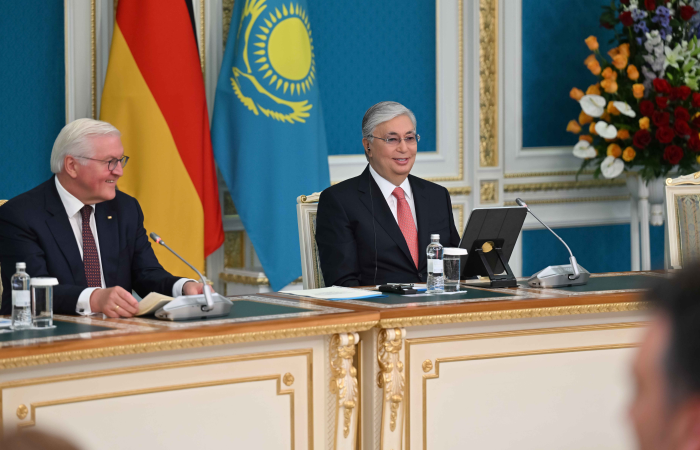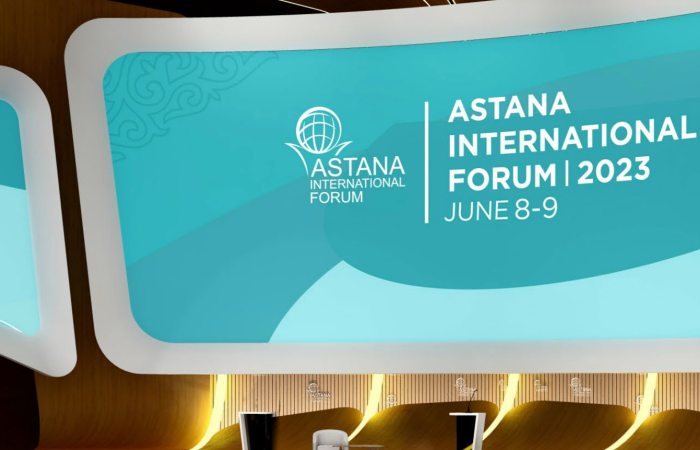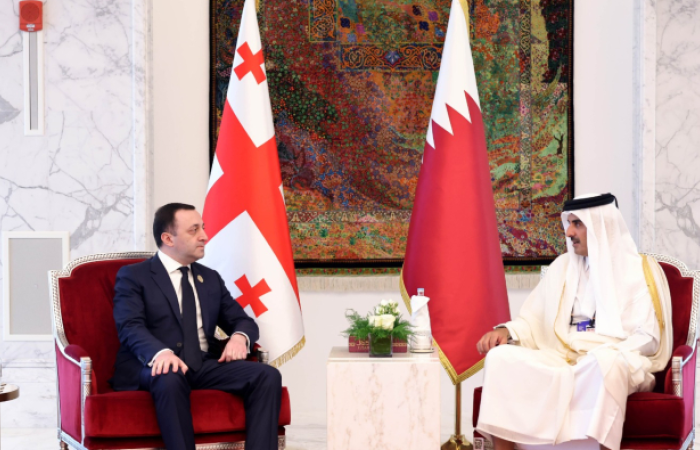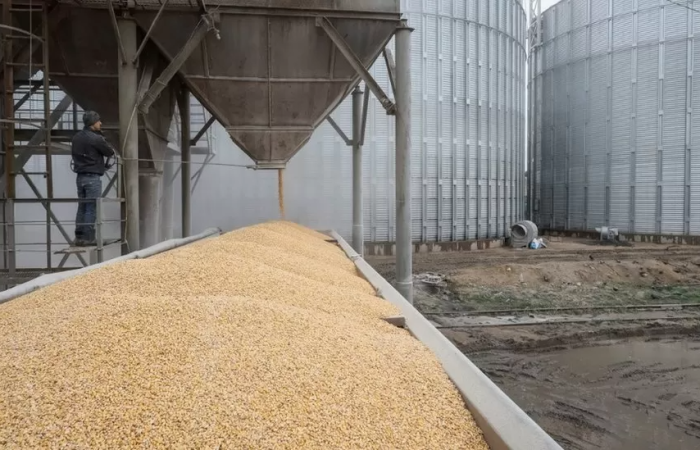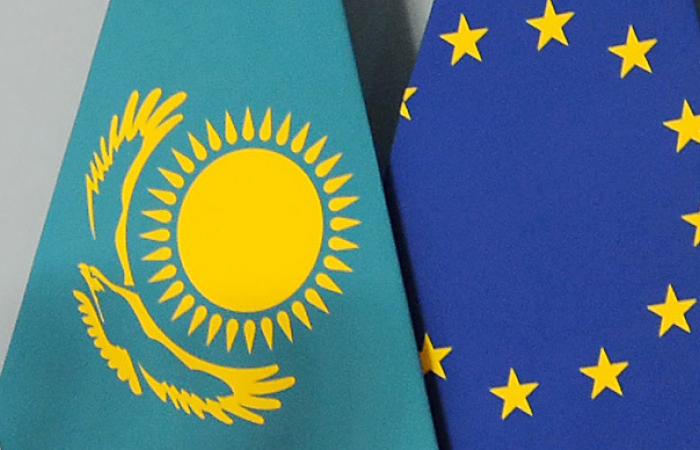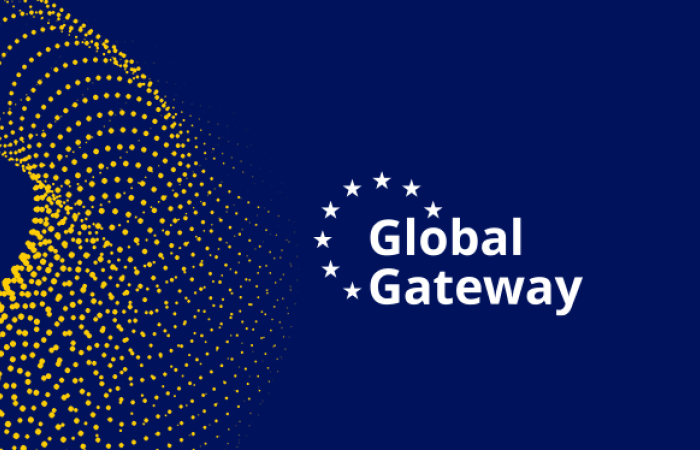Editor's choice
This is a members’ functionality. Please
Sign upNews
Trending
Oil prices rise as OPEC+ announces output cuts after Vienna meeting
5 June 2023
The group of oil producing countries, OPEC+, has pledged oil output cuts amid flagging global oil prices.
Following the announcement made on Sunday (4 June) after a meeting of OPEC+ in Vienna, Brent crude oil rose by as much as 2.4% before settling at around $77 a barrel in Asia trading on Monday.
In accordance with the agreement struck, Saudi Arabia announced that they would cut daily barrel production from 10 million barrels per day (bpd) to 9 million bpd in July, as well as extending their volunatary cut in oil production of 500,000 bpd until December 2024.
Russia's 2023 quota currently stands at around 10.5 million bpd, but in 2024 will reduce to approximately 9.3 million bpd, consisting of a reduction of 650,000 barrels per day as well as the voluntary cut of 500,000 bpd.
Brent crude oil rose by as much as 2.4% before settling at around $77 a barrel. Global oil prices spiked following Russia's full-scale invasion of Ukraine in February 2022. Since then, however, prices have fallen to pre-February 2022 levels. In an attempt to shore up global oil markets, OPEC+ have announced a couple of rounds of cuts in oil production.
In October 2022, OPEC+ agreed to cut production by two million bpd, about 2% of global demand.





